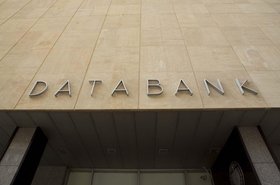No leap second will be added to universal time in 2024, the International Earth Rotation and Reference Systems Service (IERS) has announced.
An additional second has previously been added to the universal time as displayed by atomic clocks (UTC) when this measurement has become out of sync with the rotation of the Earth (UT1).
But in a statement released on Thursday, the IERS, which enacts changes to UTC on behalf of the International Telecommunications Union (ITU), said the difference between UTC and UT1 is not great enough to warrant a change.
Changes in the relationship between UTC and UT1 sometimes occur because the Earth does not always spin at the same speed, with natural events such as earthquakes often causing small changes.
The IERS allows for 0.9 seconds of variance between the two measurements, and if this limit is exceeded, a leap second is added. This has been done 27 times since the concept was introduced in 1972.
UTC is used in applications such as GPS and other precision navigation and timing systems, while UT1 is key to many astronomical systems.
Differences between the two can cause systems to malfunction, but adding a leap second is not without its problems; Cloudflare suffered an outage in 2017 when an additional second was added to UTC, and Linux servers were also hit.
Meta has also had its problems with changes to UTC, and in 2022 engineers at Facebook’s parent company called for the end of leap seconds, describing it as a "risky practice which does more harm than good.”
"While the leap second might have been an acceptable solution in 1972, when it made both the scientific community and the telecom industry happy, these days UTC is equally bad for both digital applications and scientists,” the company said.
Later that year, a decision was made at the General Conference on Weights and Measures to abolish leap seconds by 2035, though with a decade to go before that deadline a few more could still sneak onto the clock.







